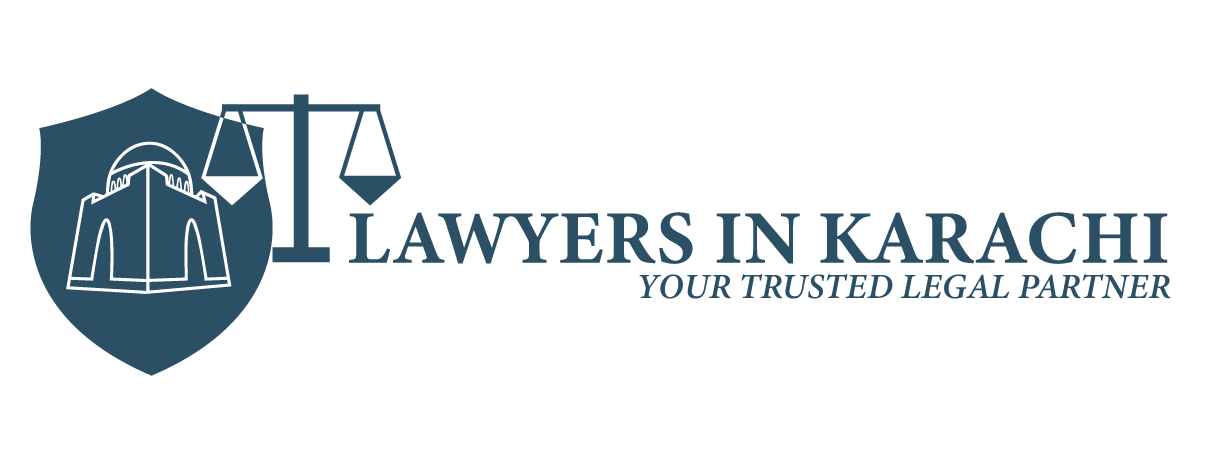Advocate Pakistan – A Complete Guide to Legal Representation
The legal system in Pakistan is vast and complex, requiring skilled professionals who can interpret laws, represent clients, and ensure justice. An advocate in Pakistan is a licensed legal practitioner authorized to appear before courts and tribunals. Advocates play an essential role in safeguarding the rights of individuals, guiding them through legal procedures, and representing them in disputes, agreements, and litigation.
This article explores the meaning of an advocate in Pakistan, their duties, qualifications, types, and why they are indispensable in the pursuit of justice.
Who is an Advocate in Pakistan?
An advocate in Pakistan is a lawyer who has been enrolled with a Bar Council and is authorized to practice law. Advocates are responsible for providing legal advice, drafting documents, and representing clients in various legal forums, from lower courts to the Supreme Court.
They are regulated by the Pakistan Bar Council and the respective provincial bar councils to ensure adherence to ethical and professional standards.
Qualifications to Become an Advocate in Pakistan
To become a licensed advocate in Pakistan, an individual must:
-
Complete an LLB degree from a recognized university.
-
Pass the Law Graduate Assessment Test (LAW-GAT) conducted by the Higher Education Commission.
-
Complete pupilage (practical training under a senior lawyer).
-
Register with the relevant Bar Council after fulfilling legal requirements.
These steps ensure that an advocate has both the academic knowledge and practical training to serve clients effectively.
Duties of an Advocate in Pakistan
The responsibilities of an advocate are multifaceted, extending beyond courtroom appearances. Some of the major duties include:
-
Legal Advice: Advising clients on their rights, responsibilities, and legal options.
-
Representation: Defending or prosecuting cases in civil, criminal, family, or corporate matters.
-
Drafting Documents: Preparing contracts, petitions, affidavits, and agreements.
-
Negotiation: Mediating disputes between parties to reach amicable settlements.
-
Ensuring Justice: Protecting the constitutional and legal rights of individuals.
An advocate in Pakistan must work with integrity, confidentiality, and dedication to uphold justice.
Types of Advocates in Pakistan
Advocates in Pakistan often specialize in different areas of law, such as:
-
Civil Law Advocates: Handle disputes over property, contracts, or damages.
-
Criminal Law Advocates: Defend individuals accused of crimes or represent the state in prosecutions.
-
Family Law Advocates: Deal with marriage, divorce, child custody, and inheritance issues.
-
Corporate Advocates: Assist businesses with contracts, compliance, and mergers.
-
Constitutional Advocates: Argue cases related to constitutional interpretation and fundamental rights.
This specialization ensures that clients can seek legal assistance tailored to their specific needs.
Importance of an Advocate in Pakistan
The role of an advocate goes beyond legal representation. They are guardians of justice who ensure that:
-
Individuals are not denied their rights.
-
Laws are applied fairly and consistently.
-
Disputes are resolved according to legal principles.
-
Citizens understand their legal obligations and protections.
Without advocates, navigating the legal system in Pakistan would be nearly impossible for the average person.
Challenges Faced by Advocates in Pakistan
Advocates also face several challenges in their profession, including:
-
Heavy Caseloads: Courts are often burdened with pending cases, affecting timely justice.
-
Social Pressure: Advocates must often deal with sensitive issues involving family or business disputes.
-
Ethical Dilemmas: Balancing client interests with professional ethics can be challenging.
-
Continuous Learning: The law evolves, and advocates must keep themselves updated with new legislation and precedents.
Despite these challenges, advocates remain committed to their clients and the justice system.
Rights of an Advocate in Pakistan
While advocates protect the rights of their clients, they are also entitled to certain rights, including:
-
Right of audience before the courts.
-
Right to professional fees for their services.
-
Right to dignity and respect within the legal system.
-
Protection under laws regulating the practice of advocacy.
These rights enable advocates to work effectively while maintaining professional independence.
How Advocates Assist Clients
An advocate in Pakistan provides more than just representation in court. They often:
-
Help clients understand complex legal documents.
-
Advise on preventive legal measures to avoid future disputes.
-
Represent clients in arbitration or mediation.
-
Guide families and businesses through compliance and regulations.
Their expertise ensures clients make informed decisions.
Conclusion
An advocate in Pakistan is more than a legal representative – they are the backbone of the justice system. From guiding individuals through family disputes to representing corporations in high-stakes cases, advocates ensure fairness, justice, and protection of rights.
Whether you need assistance in a civil matter, criminal defense, or corporate compliance, consulting an experienced advocate is the most reliable way to navigate Pakistan’s legal system. By understanding their role, duties, and importance, individuals and organizations can make better choices when seeking legal help.




